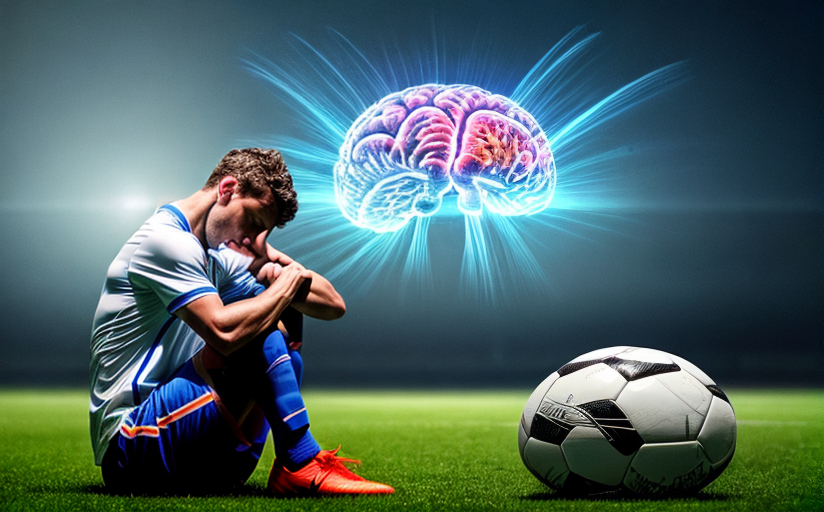Sports Psychology: Impact on Athlete's Wellbeing
From the world of professional athletics to the realm of casual sporting activities, athletes face unique mental and emotional challenges. The study of sports psychology aims to understand these psychological experiences and how they affect an athlete's performance and overall wellbeing. This comprehensive examination explores the beneficial impacts, such as skill enhancement and resilience, and negative ones, like stress and burnout. The study will also delve into the coping mechanisms athletes use to traverse these challenges. Understanding these aspects will significantly contribute to improved coaching strategies, enhance athletes' welfare and ultimately boost their performances.
The Positive Psychological Impact of Sports
Engaging in sports, whether professionally or casually, undoubtedly has positive psychological impacts on athletes. Boosts in self-confidence, improved emotional resilience, enhanced concentration and developed leadership skills are only a few examples. For instance, an athlete who successfully completes a marathon may gain a significant boost in self-esteem and self-confidence. These positive effects can spill over into other areas of their lives, promoting overall wellbeing.
Negative Psychological Impact of Sports
Despite the positive outcomes, sports engagement can also lead to severe mental and emotional challenges in athletes. The fear of failure, performance pressure, and constant vigilance can lead to stress, burnout, or even mental health disorders such as anxiety and depression. Olympic swimmer Michael Phelps' public struggle with depression serves as a strong example of how even highly successful athletes can face mental health challenges.
Athletes' Coping Mechanisms and Therapies
Understanding how athletes cope with these challenges is crucial for optimizing their emotional and psychological wellbeing. Many athletes seek professional psychological help, engage in mindfulness techniques, or rely on social support networks. For instance, NBA player Kevin Love has publicly shared how therapy played a significant role in managing his panic attacks and anxiety.
Implications for Coaching and Athlete Welfare
Understanding the psychological impacts of sports on athletes holds significant implications for coaching and athlete welfare. Coaches can develop comprehensive training programs that cater to athletes' mental wellbeing, creating a supportive environment that allows athletes to thrive. This could involve stress-management techniques, promoting a balanced lifestyle, or incorporating psychological counseling into training regimes.
Ultimately, the goal of sports psychology research extends beyond improving performance. It also encompasses understanding and supporting athletes' mental health and emotional wellbeing, whether they are professional Olympians or community-based sports enthusiasts. It's clear that the psychological side of sports plays an integral role in an athlete's journey and overall life.


















Comments
Leave a Comment